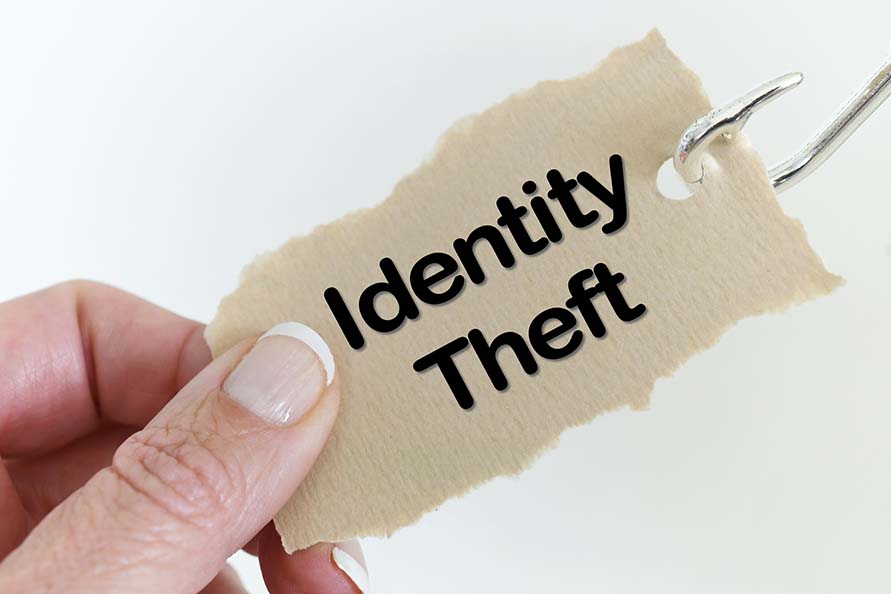 It’s tax season for you and a veritable identity gold mine for thieves!
It’s tax season for you and a veritable identity gold mine for thieves!
Empowered with a name and Social Security number, crafty thieves can open credit cards, take out loans, wipe out your bank account and even file a tax return in your name to get a fraudulent refund with just a few clicks on the keyboard.
How common is tax-related identity theft?
Tax identity theft is generally less common than other identity theft and fraud types, such as someone stealing and using your credit card account or opening a new credit account using your identity.
Tax identity theft has also decreased in prevalence over the past few years. In part, this is due to a joint effort by the IRS, state tax agencies, private tax preparation companies, tax professionals, payroll processors, and financial institutions. Together, they formed a Security Summit in 2015 to fight refund fraud, often perpetrated by organized crime syndicates.2
From 2015 to 2019, there was an 80% decline (677,000 to 137,000) in the number of taxpayers who filed IRS identity theft affidavits—a form you attach to your tax return if you’re the victim of tax identity theft.
In addition to responding to taxpayers who report being victims of identity theft, the IRS actively identifies suspicious returns. It then reaches out to taxpayers to confirm their information before processing the return. In 2019, the IRS says it stopped 443,000 confirmed fraudulent returns (which would have resulted in $1.9 billion in refunds) from being processed.
What Are Some Signs of Tax Fraud?
- The IRS rejects your e-filed return because your Social Security number was already used to file a tax return
- The IRS sends you a tax transcript, or you receive a notice that an online account has been created, accessed, or disabled when you didn’t take any action
- The IRS sends you a notice saying you owe taxes, your refund is offset, or they’re taking collection actions against you because of a tax return from a year when you didn’t file
- Your state unemployment agency sends you a Form 1099-G, but you didn’t collect unemployment
- You receive tax forms, such as a W-2 or 1099, from a company you didn’t work with during the year
If the IRS suspects your identity has been stolen, they may send you a letter asking you to verify your information. We’d like to work ahead of the game and help you learn some ways to protect your identity. Contact us today at (603) 261-3736.
Adapted from the IRS1 2

 Bob has a passion for making your money work hard for you. He takes profound joy in ironing out a plan for a long and comfortable retirement, no matter what your current income or level of wealth. With a work ethic second to none, he has a zeal for transforming uncertainty into stable ways for you to protect your future and your family. He knows that the quality of your life you enjoy today can remain as rewarding—or even better—after retirement.
Bob has a passion for making your money work hard for you. He takes profound joy in ironing out a plan for a long and comfortable retirement, no matter what your current income or level of wealth. With a work ethic second to none, he has a zeal for transforming uncertainty into stable ways for you to protect your future and your family. He knows that the quality of your life you enjoy today can remain as rewarding—or even better—after retirement. With a strong background in information technology, Carol is instrumental in building operational policies and strategies that keep the organization functioning smoothly. Carol’s organizational skills and her flexibility to jump from priority to priority along with her commitment to customer service makes her an essential part of the Grimard Financial team. When Carol is not working with the Grimard Financial Family, she is a very creative and accomplished photographer.
With a strong background in information technology, Carol is instrumental in building operational policies and strategies that keep the organization functioning smoothly. Carol’s organizational skills and her flexibility to jump from priority to priority along with her commitment to customer service makes her an essential part of the Grimard Financial team. When Carol is not working with the Grimard Financial Family, she is a very creative and accomplished photographer.